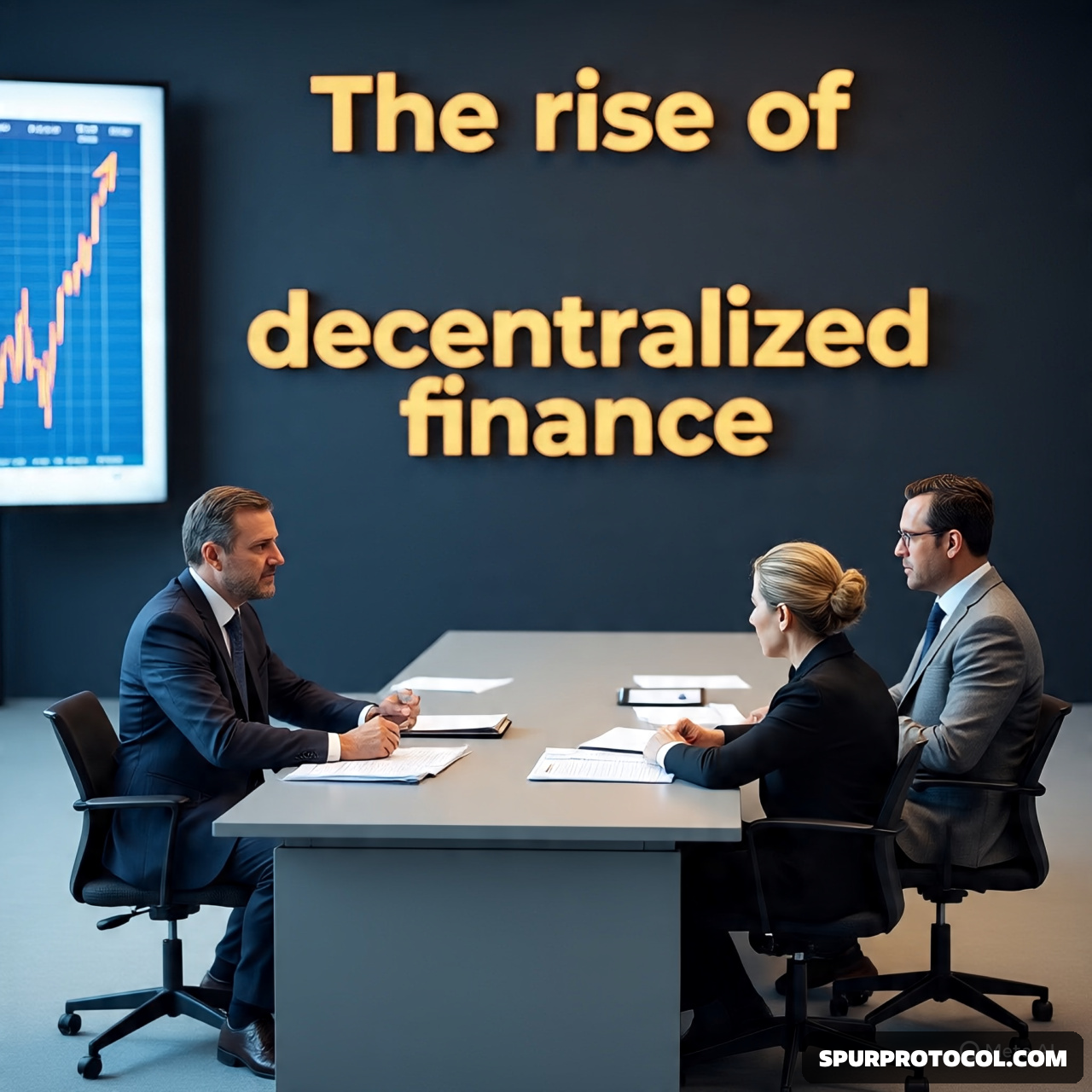The Rise Of Decentralized Finance: What It Means For Traditional Banking
The Rise of Decentralized Finance: What It Means for Traditional Banking
Go Back
🕒 12:26 PM
📅 Jul 24, 2025
✍️ By alaminlive
The Rise of Decentralized Finance: What It Means for Traditional Banking
Go Back
🕒 12:26 PM
📅 Jul 24, 2025
✍️ By alaminlive
Decentralized Finance (DeFi) has emerged as one of the most disruptive innovations in the financial world. By removing intermediaries and relying on smart contracts, DeFi enables users to lend, borrow, trade, and earn interest using blockchain technology—without relying on traditional banks.
What is DeFi?
DeFi refers to financial applications built on blockchain networks, primarily Ethereum, that operate without central authorities. Platforms like Aave, Uniswap, and Compound allow users to interact with financial services using crypto wallets directly.
How DeFi Challenges Traditional Banking:
1. Accessibility: DeFi is open 24/7, borderless, and requires no ID or credit check.
2. Speed & Cost: Transactions are often faster and cheaper than bank processes.
3. Transparency: All actions are visible on-chain; no hidden fees or manipulation.
4. User Control: Users maintain control of their funds—no need to trust a third party.
Impact on Banks:
- Pressure to Innovate: Banks may need to digitize faster and adopt blockchain tech
- Loss of Monopoly: DeFi breaks the centralized hold banks have over lending and savings.
Compliance Shift: Regulators are watching closely, which may force banks to adapt or collaborate.
Final Thought:
While DeFi is still evolving and carries risks, its rapid growth signals a shift in how people may access and use money in the future. Traditional banks must adapt—or risk being left behind.